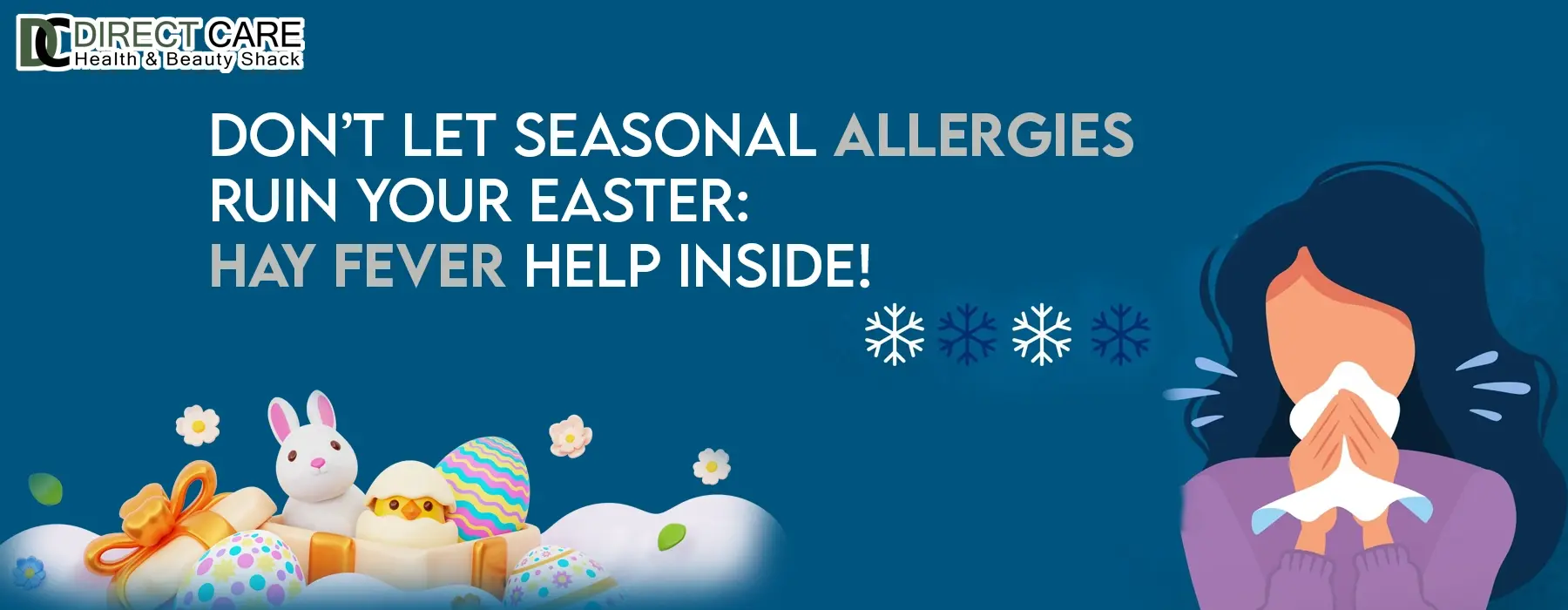How to Care for the Elderly & Vulnerable During Heatwaves
18 Jun 2025Direct Care | 18 Jun 2025
How to Care for the Elderly & Vulnerable During Heatwaves

Heatwaves in the UK are becoming more frequent and more intense. For many people, high temperatures can be uncomfortable, but for the elderly and chronically ill, they can be dangerous. Reduced mobility, chronic health conditions, and certain medications all increase the risk of heat-related illness. This blog offers practical guidance to help carers, family members, and healthcare professionals manage heatwave care for elderly UK residents. From choosing the right cooling pads and incontinence products to establishing clear routines and hygiene practices, these insights are designed to protect vulnerable individuals and support those who care for them.
Why the Elderly Are More at Risk During Heatwaves
Older adults may struggle to regulate body temperature due to physiological changes such as reduced sweating or blood circulation.
Long-term illnesses like diabetes, dementia, or cardiovascular disease can heighten the risk of heat exhaustion or stroke.
Medications such as diuretics, beta-blockers, and antidepressants can affect hydration levels and heat sensitivity.
Mobility issues may prevent older individuals from moving to cooler areas or accessing fluids without support.
Public Health England has reported that most heat-related deaths occur in adults over 65, particularly during prolonged hot spells.
Supporting safe heatwave care for elderly UK residents starts with recognising these vulnerabilities and responding proactively.
Recognising Early Signs of Heat Exhaustion or Stroke
Dizziness, fatigue, or sudden confusion may be early warning signs.
Headaches, nausea, and clammy skin are symptoms of heat exhaustion.
In cases of heat stroke, look for a rapid pulse, dry skin, or loss of consciousness.
A body temperature above 40°C requires immediate medical attention.
Timely intervention-moving to a cool environment, offering fluids, and seeking help-can prevent complications.
Regular check-ins throughout the day are essential, especially during periods of high heat or sun exposure.
Essential Products for Summer Elderly Care
Cooling Pads
Cooling pads provide relief by helping regulate body temperature, especially during rest.
They are ideal for use on beds, chairs, or mobility aids, where overheating can occur quickly.
Reusable and easy to clean, they reduce reliance on fans or air conditioning.
Ensure cooling pads are positioned under the shoulders and lower back for maximum effect.
For carers seeking non-electric solutions, cooling pads are a simple and effective choice.
Incontinence Products
Hot weather can worsen the discomfort associated with incontinence, particularly when pads are not breathable.
Attends products, available at Direct Care, include soft, skin-friendly materials that help prevent rashes and irritation.
The Attends Pull-Ons 6 and 8 offer excellent absorbency while maintaining a discreet fit, even in lightweight clothing.
The Attends Soft 3 Extra pads are ideal for daytime use, offering dependable protection with minimal bulk.
Choosing the right incontinence products individuals ensures dignity, comfort, and hygiene—especially in summer.
Maintaining Personal Hygiene During Hot Weather
Cleanse the skin gently at least once daily using non-fragranced wipes or mild wash creams.
The care wash lotion is designed for delicate skin and does not require rinsing, making it ideal for bed-bound individuals.
Focus on areas prone to moisture and friction, such as underarms, thighs, and groin.
Use light, breathable clothing and change frequently to keep the skin dry.
Moisturise with fast-absorbing lotions to prevent dryness without overheating the skin.
Maintaining personal hygiene for elderly in summer supports skin health, prevents infections, and promotes overall comfort.
A Heatwave Checklist for Carers
Keep living spaces cool using shaded windows, cooling pads, and gentle airflow.
Offer fluids frequently, even if the individual is not thirsty. Electrolyte solutions can also help maintain balance.
Avoid caffeine and alcohol, as they increase the risk of dehydration.
Plan physical activities or personal care tasks during the cooler parts of the day (before 11 am or after 3 pm).
Ensure that incontinence products are changed regularly to maintain dryness and reduce the risk of skin damage.
Monitor medications and consult a pharmacist if any are known to affect fluid levels or body temperature.
Use the barrier cream to protect against irritation caused by increased sweating or pad use.
Keep an emergency contact list and care plan visible at all times.
This heatwave checklist for carers is designed to simplify daily tasks while keeping health and dignity at the forefront.
Final Tips & Where to Find Summer Care Essentials
Stay informed about local weather alerts and plan, particularly during amber or red warnings.
Establish daily care routines that include hydration, hygiene, and regular monitoring.
Direct Care offers a full range of Attends products that support elderly care during heatwaves, from incontinence supplies to wash lotions and barrier creams.
Early preparation helps avoid discomfort and reduces the likelihood of health emergencies.
Shop Summer Care Range
At Direct Care, we support carers, families, and healthcare professionals across the UK with practical, high-quality products that make summer care simpler and safer. Our curated Attends collection includes breathable incontinence pads, no-rinse cleansers, barrier creams, and more—perfect for maintaining dignity and comfort during heatwaves. Explore our summer care range today and make sure your loved ones have the protection and relief they deserve.
Tags
Frequently Asked Questions
Error: No FAQ data found in ACF.




